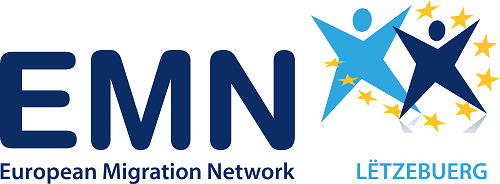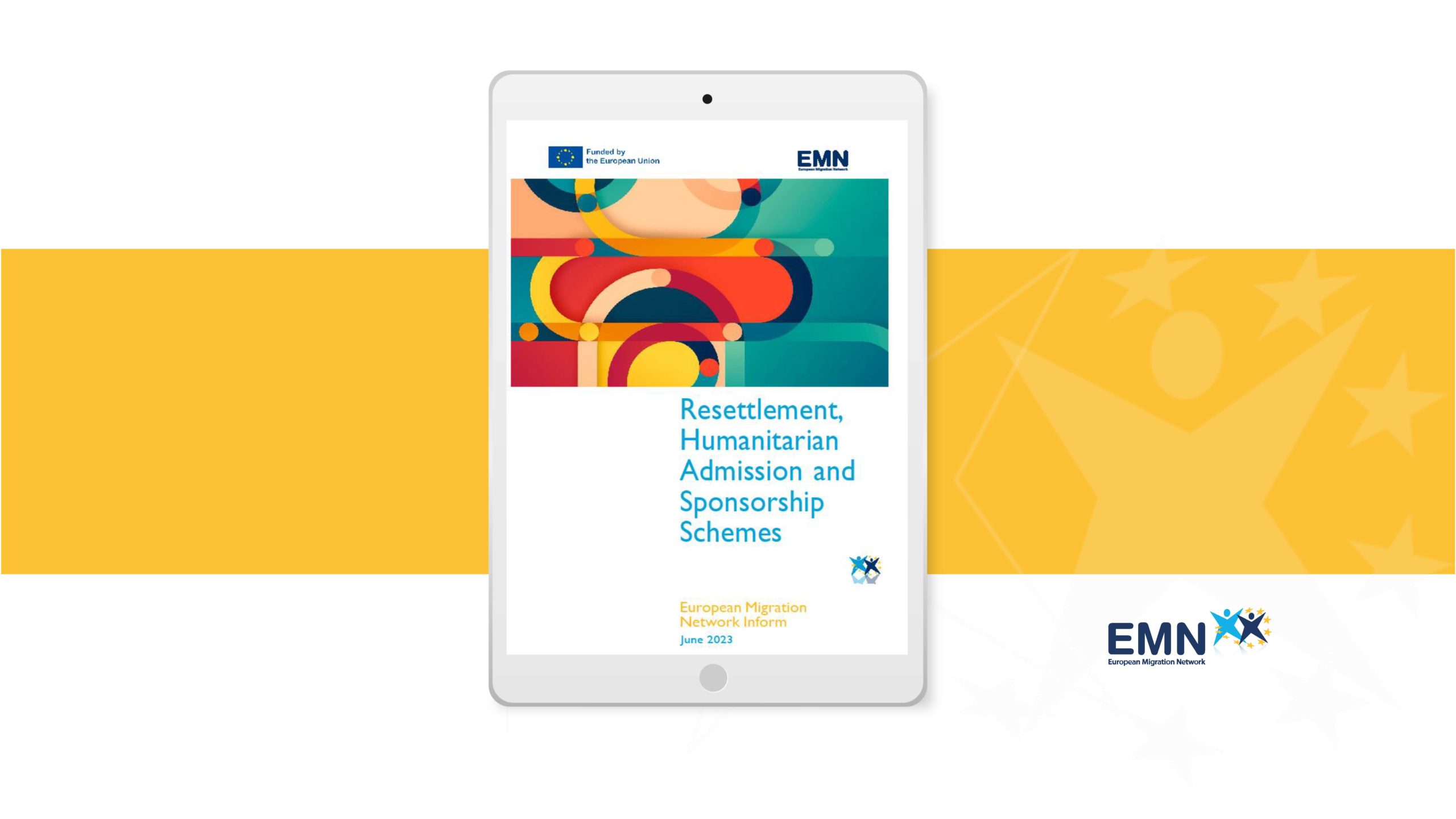This inform provides up-to-date and comparative data on resettlement, humanitarian admission and sponsorship schemes. It presents recent developments in EMN Member Countries between 2016 to 2022 and offers a valuable resource for countries launching new programmes to learn from established programmes in other countries. Moreover, it aims to complement and enhance other knowledge-sharing initiatives in the field.
Conflicts in different world regions have led to an increase in migratory movements to neighbouring countries, with approximately 72% of refugees and forcibly displaced persons in 2021 being hosted in developing countries. This has created an imbalance between developed and developing countries as well as resulting in people seeking alternative places of refuge through risky and irregular routes. Resettlement, humanitarian admission, and sponsorship schemes offer protection and durability to displaced persons while alleviating pressure in countries of first asylum. These schemes also serve as a crucial tool for demonstrating global solidarity with non-EU countries.
The term “resettlement” means selecting and transferring refugees from the country where they first sought protection to a third country that agrees to accept them as permanent residents. The UNHCR is responsible for identifying and referring refugees for resettlement based on established categories and protection risks.
The majority of EMN Member Countries have implemented resettlement programmes between 2016 and 2022, although experiences vary greatly. While some countries like Finland, Sweden, and the Netherlands have well-established national programs, most EMN Member Countries have limited experience and rely on the EU Resettlement Programme.
Most EMN Member Countries operate national resettlement programmes, which set quotas at a national level for the number of refugees they will receive on an annual or multi-annual basis. The Netherlands, for instance, has been implementing a multi-annual policy framework since 1999, taking in 500 resettled refugees each year. In some countries, resettlement quotas are determined in response to pledging exercises with the European Commission, such as Italy, which bases its quotas on geographical priorities set by the European Commission. Quotas are also influenced by available capacities for housing, care, and reception services. France, for example, considers the reception and care capacities of different departments, as well as the needs and priorities expressed by UNHCR and the European Commission.
About half of the responding EMN Member Countries have carried out humanitarian admission schemes in the period 2016-2022. The primary differences between resettlement and humanitarian admission schemes pertain to the status granted and eligibility pre-conditions. While resettlement requires UNHCR referral and international protection status approval prior to arrival, humanitarian admission schemes allow for persons to be referred by other entities and can grant international protection or national status upon arrival or after a procedure. The majority of reported admission schemes were in response to the EU’s evacuation of Afghan nationals and their families following the fall of the Afghan government in 2021. In August of the same year, the EU and its Member States successfully evacuated 22 000 Afghans from the country.
In the EU context, several countries are embracing community sponsorship schemes as a means of providing additional support for refugees. Among them are Belgium, France, Germany, Ireland, and Spain, all of which have initiated sponsorship programs, with some still in pilot phases. These initiatives allow local community groups to sponsor and provide support for resettling refugees.
Key challenges affecting the implementation of resettlement, humanitarian admission, and sponsorship schemes include pre-arrival issues like the unstable security situation in certain countries of first asylum, lack of housing, and high drop-out rates from resettlement programs. The ongoing COVID-19 pandemic has also created additional obstacles in this regard.
French translation of the Inform was kindly provided by EMN France.

